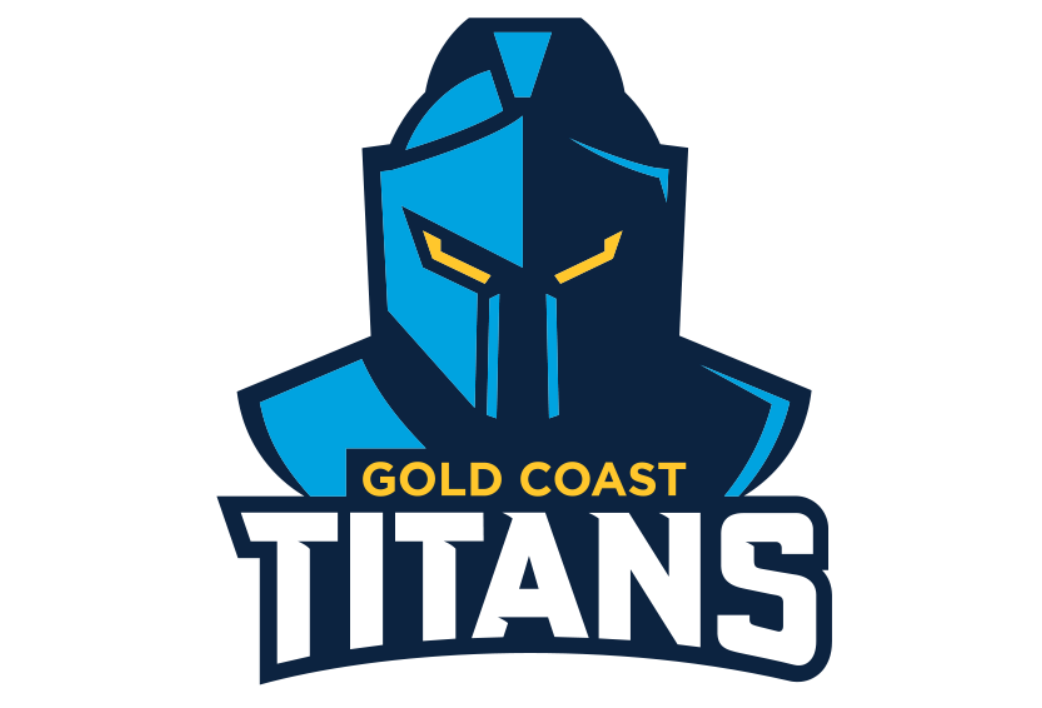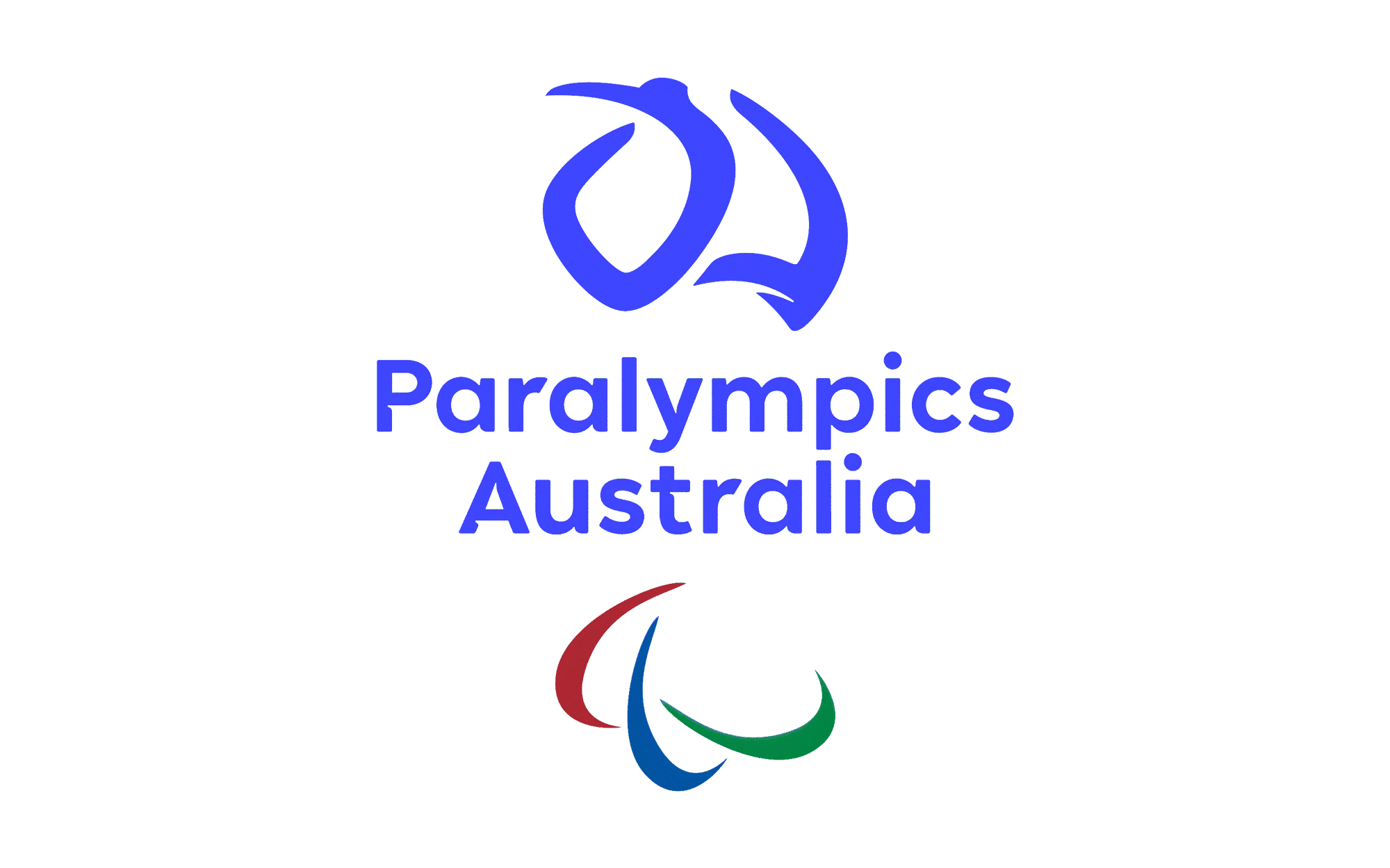Qatar 2022, athlete human rights protests & public relations.
Less than a year from now, the Fifa World Cup will be carried into a new frontier.
From 21st November until 18th December 2022, the tiny, wealthy nation of Qatar will host the biggest single-sport event on the planet. It will be the first World Cup to be played in the Middle East and the first played in the northern hemisphere winter.
The tournament is sure to dominate the footballing discourse in a way few have previously. There has been an enormous Qatar-based investment in sport in the past decade – from its major event strategy, to the international expansion of the beIN Sports media company, and the ownership by its sovereign wealth fund of properties like the French football club Paris Saint-Germain.
Given that level of familiarity and influence, world football governing body Fifa would have hoped by this point – 11 years after Qatar was awarded the competition alongside Russia 2018 – that the world would be looking forward to a new landmark. Qatar 2022, however, has been controversial from the outset: its ambitious and expensive bid was dogged with allegations of corruption and its critics feel their misgivings about its suitability have still not been addressed. The difference now is just who is prepared to voice their opposition.
“We’re aware there are issues in these places that we’re going to,” said Formula One megastar Lewis Hamilton in November, ahead of victory in the first ever Qatar Grand Prix. “But of course [Qatar] seems to be deemed as one of the worst in this part of the world. As sports go to these places, they are duty bound to raise awareness for these issues. These places need scrutiny. Equal rights is a serious issue.”
Hamilton chose to race at the Losail International Circuit in a helmet bearing the rainbow colours of the Pride flag, in a display of solidarity with the country’s LGBTQ+ community. Homosexuality is illegal in Qatar – as it is in Saudi Arabia, where the Briton wore the helmet again in the following race.
Questions have therefore been about the potential safety of LGBTQ+ fans in Qatar next year. The local organisers have insisted they will be welcome – and that Pride flags will be permitted in stadiums and fan zones – but have reminded visitors of all orientations about local attitudes towards public displays of affection. Nevertheless, a November report by Human Rights Watch warned about heightened digital surveillance of LGBTQ+ people – coupled with a wider extension of the government’s surveillance capabilities in spaces including football stadiums – and the groups said it would be unacceptable for the country to make exceptions for visiting fans if that meant locals would be living in fear after the final.
Human rights campaigners have also flagged their ongoing concerns about the conditions endured by migrant workers, including those building the ultra high-end venues that will stage the most compact World Cup in history across Al-Khor, Al-Rayyan, Al-Wakrah, Lusail and the capital, Doha.
In 2020 the Qatari government passed new laws that were meant to bring an end to the kafala visa system, which meant that foreign workers would need the clearance of their employer to move jobs or leave the country. But in November Amnesty International issued a report titled ‘Reality Check 2021’, in which it suggested that some organisations had basically ignored the revised legislation and that the authorities had been complacent in applying it.
Both Human Rights Watch and Amnesty have also highlighted wider abuses of migrant workers – particularly on building sites – for several years. These include claims of cramped or unsanitary working conditions and accommodation, and a casual approach to investigating the estimated 6,500 workplace deaths that have occurred in Qatar over the past decade. With so many workers attracted from poorer nations in South Asia and other nearby regions by what are – by local standards – modest pay packets, the charge of exploitation has been widespread.
As a consequence, human rights campaigners have been watching the response of world football carefully and it is not just athletes who are now speaking out about the need for meaningful progress. A number of teams, such as Germany and Norway, have worn T-shirts before recent matches bearing slogans calling for change. The Danish Football Union (DBU) has now confirmed that it will engage in a boycott of all promotional activities run by local organisers ahead of the tournament, for which Denmark have now qualified. DBU sponsors have also agreed to support that action.
The Qatar 2022 local organising committee, meanwhile, will be using their own advocates to try and present the tournament in a different light. English icon David Beckham, who played for PSG at the tail-end of his illustrious career, has been signed up as an ambassador for the event. Qatari ownership of the French champions could yield connections to stars like Lionel Messi and Neymar in the months ahead. Qatar Airways was a sponsor of FC Barcelona through a period of considerable success. Those links brought the celebrated Xavi to Doha’s Al-Sadd as a player and then manager; he is now back in Spain as Barça’s new manager.
There will be a much deeper conversation in the year ahead about how the sports industry should tackle social challenges, not least where international cultures and expectations differ, and whether it can deliver change. But Qatar 2022 also offers a test case for the implications of athlete activism and the many perspectives that exist on football’s responsibilities.
Subscribe to our newsletter to receive the latest news and exclusive offers. No Spam!
Thankyou.
We’ll be in touch shortly.



